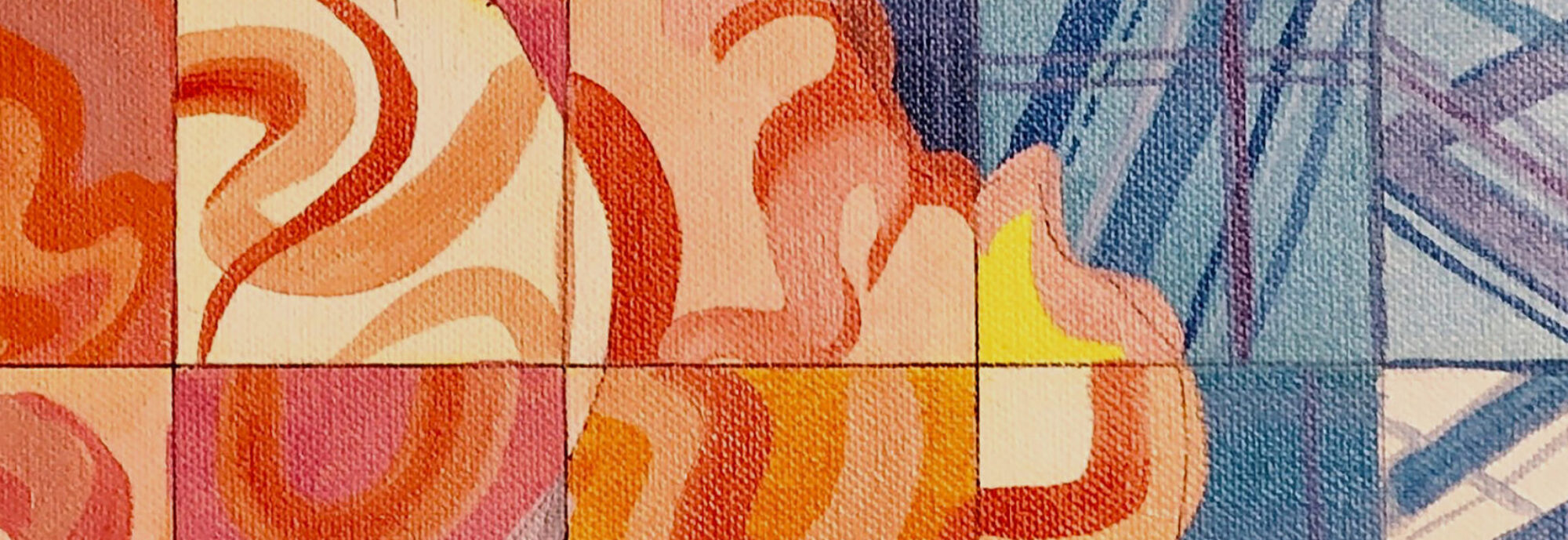By Sandra Shim
Sandra Shim: What kind of mindset were you in when you wrote the poem in this issue, “The Executioner is Drunk and The Ropes Are Too Wet for Strangulation”?
Mike McHone: Stoned. (laughs) To be honest, I was in a sarcastic mindset. I came up with the title first, which is something I never do in any of my writing, fiction, poetry, or otherwise. The piece was an outgrowth of the title. And I wanted to write something that could find a home in a literary journal or genre magazine like the Magazine of Fantasy and Science Fiction; a mainstream publication or an independent one; something that couldn’t quite fit snugly in either fraction.
SS: Who does the executioner symbolize?
MM: An unqualified fool in a position of authority, power- drunk, and too stupid to do anything but destroy people’s lives. Thank (insert chosen deity here, or lack thereof) we don’t have that problem in the United States. I guess I’m still in a sarcastic mindset.
SS: Who is the poem directed at?
MM: As George Santayana said, “Those who cannot remember the past are condemned to repeat it.” The irony is it’s an old quote, obviously from the past, and people can’t really remember it accurately and repeatedly misquote it. There have been instances in civilizations past that have delved into scenarios akin to what’s being described in the poem. And if you don’t know what I might be talking about, then this poem was written just for you!
SS: How did you decide to use a flight attendant-sounding tone?
MM: I thought if I balanced something as menacing or horrific as a large group of people committing suicide because a government, authority figure, or anyone wielding power over them instructed them to do so with a very proper, professional, business-as-usual, by the book tone, it would enhance the horror. When you take weird imagery or uncomfortable wording and make them excessively normal, the horrific, satiric, or fantastical elements are embellished, at least in my opinion. Plus, when it’s blended with the image of a hangman being far too drunk to do his job, it adds a bit of gallows humor to the piece quite literally.
SS: The last line implies that the audience is the problem. What emotions were you hoping to initiate with this poem?
MM: As far as the emotions go, I wanted a mixed bag. In all, the piece could be taken as a dystopic poem, or an allegory, or a warning, a satire, a bad joke, or a good one, or something that Rod Serling and TS Eliot would talk about over drinks at Bukowski’s apartment.
And, yes, the last line… “We apologize for any inconvenience you may have caused.” You don’t have to look that far into our past or present to see that more than a few politicians or religious leaders think of most of us in this regard. We’re causing inconvenience because we have the audacity to want clean air, or clean water, or want to get married to the people we love even if they have the same genitals that we do, or want to go to school without running the risk of being gunned down like a soldier at Passchendaele, or want student loan reformation so we don’t slip back into indentured servitude, or want to be treated equal in the workplace and in life, or make a living wage, or not be thrown into prison for smoking a plant, or not to be beaten by police because of skin color, or have some left wing idiot try to ban a book because the subject matter or word choice might offend their precious little ears or cause their already-weak stomachs to bubble with nausea, or have a right wing moron try to ban a movie because it might upset their almighty god that probably doesn’t exist in the first place, or because we just generally want to left the fuck alone. The fact that these problems persist, and the fact that an overweight jackass from Detroit had to write a goofy little poem drawing attention to them, shows that it’s just too much of an inconvenience for the power people to do anything about it.
Apologies, folks. I didn’t realize how big this soapbox was before I got on top of it. I think it’s best I stop here and let you get back to your regularly scheduled program called life.
